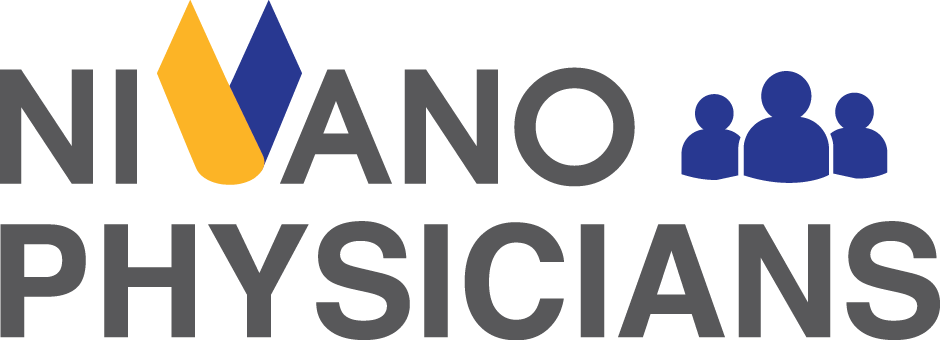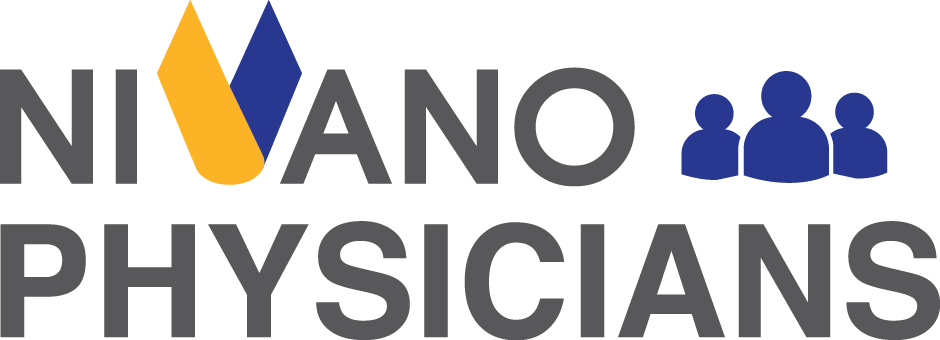Safety First!
Safety First!
June is National Safety Month. Given the current state of the world, this annual recognition will look a little different than in past years. National Safety Month includes impairment at work, slips, trips and falls, fatigue and hazard recognition. These topics are important to those who are at work and those at home.
Slips Trips and Falls
Though they might seem harmless, slips, trips and falls are some of the most common hazards we face in the workplace and they can have serious consequences. Always following safety procedures is crucial to avoiding injury, but so is speaking up to keep your coworkers safe. When you see a risk with a simple fix, don’t hesitate to fix it safely. This applies whether you are at work, back home or out in your community. Sometimes that fix means cleaning up a mess you didn’t create or having a quick, awkward conversation, but the end result is worth it. Embrace this concept and you can help us all keep each other safe.
Impairment and Fatigue
Getting enough sleep is important to do your job safely. And, there are some jobs where sleep plays an even more important role in ensuring the safety and health of workers and the people they serve. Many factors can keep you from getting the sleep you need, so focus on the issues you can control.
To get your recommended hours, try following these guidelines:
- A: Alcohol – While drinking alcohol may make you feel drowsy, it can actually interrupt your circadian rhythm and cause poor-quality sleep. It can also make you more prone to snoring and sleep apnea.
- C: Caffeine – As a stimulant, consuming caffeine can disrupt your sleep patterns. Avoid it for as long as six hours before bedtime.
- E: Environment – Keep your bedroom cool and dark. Consider blackout curtains and turning down the thermostat.
- S: Screens – The blue light from TVs, phones, tablets and other electronic devices can keep your body from producing melatonin, the hormone that helps you relax and get to sleep. Avoid screens for at least 30 minutes before bed.
Driving
Motor vehicle crashes are the leading cause of work-related deaths in the United States. All workers are at risk of crashes, whether you drive light or heavy vehicles, or whether driving is a main or incidental job duty. Behind the wheel, driving is your number one job. There are simple actions you can take to stay safe while driving:
- Buckle up: every trip, every person. It only takes a second.
- Do not drive if you are fatigued. Stop and take breaks as needed.
- Focus on driving and stay aware of your surroundings. Other drivers may be impaired, fatigued or distracted.
- Talk to your supervisor and co-workers about potential hazards on your planned route, including road construction, bad weather, or dangerous curves.
Hazard Recognition
Emergency situations can happen at any time, making it crucial that you are prepared for the unexpected including natural disasters, fires, active shooter situations or chemical or gas releases. It is best to be prepared both at work and home. Actively participate in workplace drills. At home, create emergency plans with your family. It is also helpful to put together emergency kits for both your home and car.
Sources:
- https://www.wmc.org/programs/wisconsin-safety-council/june-is-national-safety-month/
- https://www.thecampbellinstitute.org/celebrate-national-safety-month-this-june/
- https://news.mayocliniclabs.com/2018/05/31/dont-become-a-statistic-celebrate-national-safety-month-in-june/
- https://blogs.cdc.gov/niosh-science-blog/2018/06/04/safety-month-2018/


















